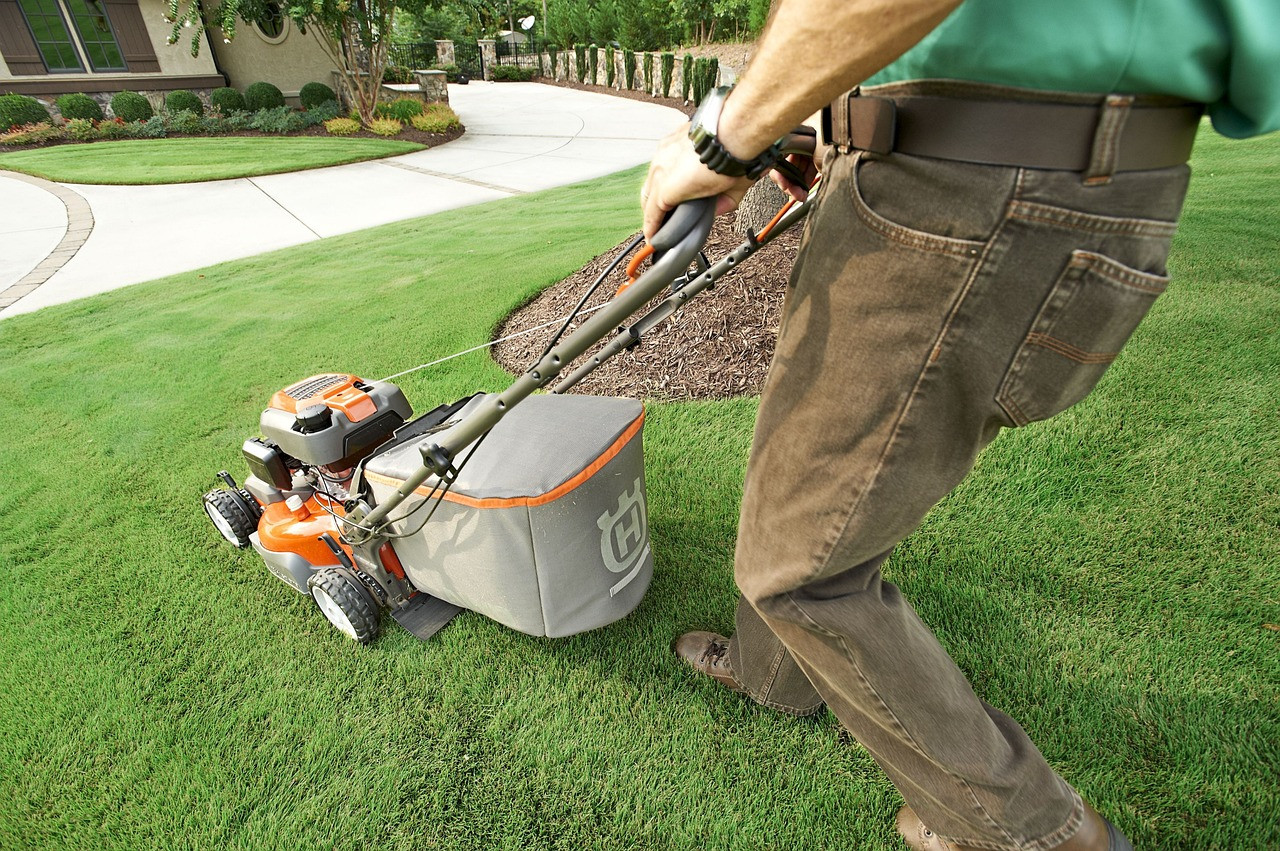What began as a simple favor—letting your neighbor borrow your lawnmower—has turned into a profitable venture. He’s now running a full-fledged landscaping business, thanks to the equipment you lent him. Naturally, you're wondering: do you have any right to the profits he’s making? The answer depends on legal principles, your agreement (if any), and how much you're willing to push the issue.
Understanding The Nature Of A Loan
When you lend someone an item like a lawnmower, it’s typically considered a gratuitous loan—a temporary arrangement without expectation of compensation unless otherwise stated. If your neighbor borrowed the lawnmower with your permission and returned it in the same condition, you likely have no legal claim to his earnings. Ownership of the equipment doesn’t extend to ownership of the profits it generates for someone else.
 PROSPER MBEMBA KOUTIHOU, Pexels
PROSPER MBEMBA KOUTIHOU, Pexels
Was There An Agreement?
Did you have an agreement—written or verbal—that outlined how the lawnmower would be used or whether you’d benefit from its use? If not, you’re probably on shaky legal ground. Without clear terms that establish a profit-sharing arrangement, courts typically won’t retroactively impose one. A handshake deal is hard to enforce unless there's supporting evidence like texts, emails, or witnesses.
Fairness Versus Legal Standing
You may feel it's unfair that your generosity helped kickstart someone else's income stream, especially if you’re still paying off that lawnmower. But fairness and legality don’t always align. Legally, your neighbor used your property—possibly even with your blessing—but he didn't take ownership of it. As long as he returned it in working condition, he may not owe you anything more.
Repeated Use Without Permission
If your neighbor continued using your lawnmower without ongoing permission, you may have a stronger case. Repeated use for commercial gain without consent could potentially be argued as misappropriation of property, especially if the lawnmower was used extensively or suffered damage. Documenting this pattern could help if you decide to pursue compensation or request that he stop using it.
Small Claims Court And Your Options
If you believe your neighbor’s use crossed the line, you could consider filing a claim in small claims court. To succeed, you’d need to demonstrate that your neighbor materially benefited from your property and that his use exceeded your consent. Still, the burden of proof is high, and courts typically favor clear, documented agreements.
Is It Worth The Fight?
Even if you’re technically entitled to compensation, pursuing it could strain or destroy your relationship with your neighbor. Consider whether the potential reward outweighs the personal fallout. If your neighbor is doing well, a more constructive approach might be to open a conversation and suggest compensation, partnership, or at least acknowledgment.
Opening A Constructive Dialogue
If you haven’t already, sit down with your neighbor and explain how you feel. Frame the conversation around the opportunity to work together, rather than confrontation. Perhaps he’d be open to buying the lawnmower from you, splitting profits for future use, or compensating you in some other way. Often, a respectful discussion can lead to a fair and amicable resolution.
Consider It A Lesson In Boundaries
This situation highlights why it’s important to set clear boundaries and expectations when lending out expensive tools or equipment. If you’re feeling taken advantage of, it may not be about money—it could be about trust and respect. Going forward, formalize agreements in writing, even for friendly favors. This protects relationships and avoids misunderstandings.
Look At The Bigger Picture
There’s also a broader perspective to consider: your lawnmower helped someone launch a business and possibly change their life. If you can’t get compensation, perhaps you’ve gained goodwill, and your neighbor may return the favor in other ways. Sometimes, informal “investments” pay off in reputation, community strength, or future collaboration.
Final Thoughts On What You’re Owed
Unless you had a formal agreement or your neighbor used the lawnmower without permission, you’re probably not legally entitled to a share of his profits. However, if you feel wronged or taken advantage of, it’s completely reasonable to raise the issue. Just be aware that pushing for compensation through legal means is difficult and may not be worth the stress. Sometimes, the best outcome is a respectful conversation—and a clearer understanding next time.
You May Also Like:
The Hazards Of Being A Landlord, And What To Do When Things Go Wrong
Practical Ways to Reduce Your Carbon Footprint and Save Money









